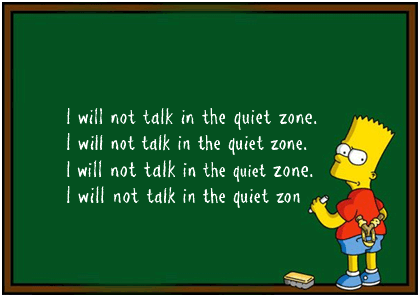More than a decade ago, I wrote a piece for Christianity Today headlined, “Should the marriage battleground shift to religious freedom?”
In that article, University of Virginia law professor Douglas Laycock made the case that Christian conservatives who opposed same-sex marriage should shift their focus to fighting for their First Amendment religious-liberty rights.
I was reminded of that discussion when The Church of Jesus Christ of Latter-day Saints — in what the Salt Lake Tribune characterized as “a stunning move” — “gave its support to a proposed federal law that would codify marriages between same-sex couples.”
The story by the Tribune’s Tamarra Kemsley and Peggy Fletcher Stack notes:
The Utah-based faith’s doctrine “related to marriage between a man and a woman is well known and will remain unchanged,” the church stated in a news release. “We are grateful for the continuing efforts of those who work to ensure the Respect for Marriage Act includes appropriate religious freedom protections while respecting the law and preserving the rights of our LGBTQ brothers and sisters.”
At Religion News Service, Bob Smietana traces the Latter-day Saints’ surprise backing of the federal law to the fallout from the church’s 2008 support for Proposition 8. That California ballot measure was aimed at banning same-sex marriage.
Smietana writes:
Voters narrowly approved Proposition 8, but their victory proved short-lived. A California court ruled that any ban on same-sex marriage was unconstitutional.
The church’s public image took a beating, said Benjamin Park, a scholar of Mormonism at Sam Houston State University. “Church leaders recognized the writing on the wall,” said Park.
The defeat led LDS leaders to back the Respect for Marriage Act, a bill that would protect same-sex marriage that Congress is now expected to pass this week with bipartisan support. In Wednesday’s 62-37 vote in the U.S. Senate to end debate on the bill and advance it, Republican Sen. Mitt Romney of Utah was among the yeas.








